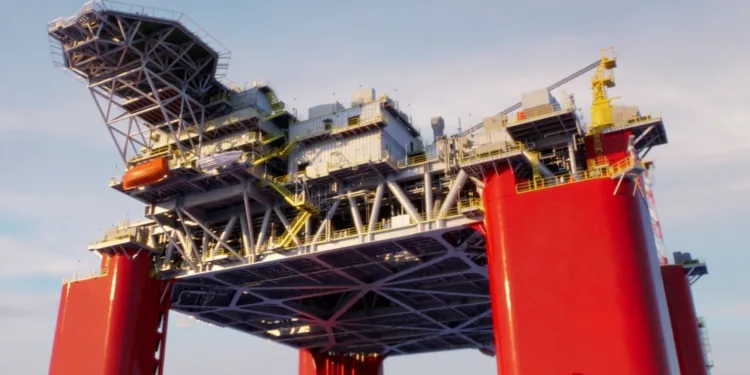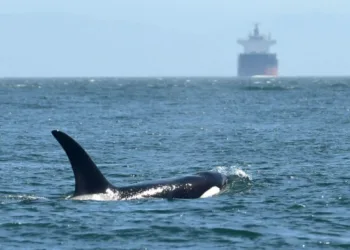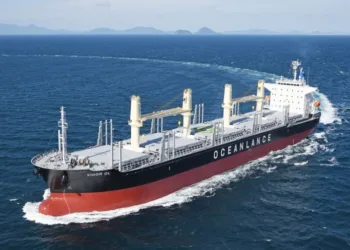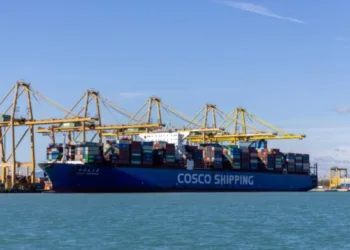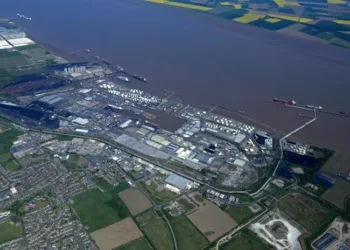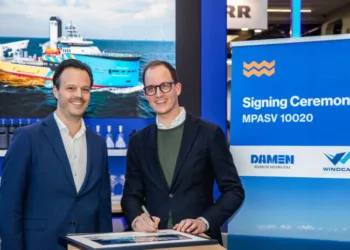Energy supermajor BP has reached a final investment decision on the Tiber-Guadalupe project in the US Gulf of Mexico, approving its second new production platform in less than two years in the region.
The 100% BP-owned project will be the company’s seventh operated oil and gas production hub in the US Gulf of Mexico, featuring a new floating production platform with the capacity to produce 80,000 barrels of crude oil per day. The project includes six wells in the Tiber field and a two-well tieback from the Guadalupe field. Production is expected to start in 2030.
The Tiber and Guadalupe fields, which will cost $5bn to develop, are estimated to have recoverable resources of around 350m barrels of oil equivalent from the initial phase. Additional wells could be drilled in future phases, subject to further evaluation.
Together with its 100%-owned Kaskida project, BP expects to invest around $10bn to deliver its US Gulf of Mexico Paleogene projects.
Along with the five existing operating platforms in the Gulf, the two newbuild floating production platforms will help enable BP to boost its capacity to produce more than 400,000 barrels of oil equivalent per day from the US offshore region by 2030.
BP aims to increase its offshore and onshore production in the United States to more than 1m barrels of oil equivalent per day by 2030.
“Our decision to move forward on the Tiber-Guadalupe project is a testament to our commitment to continue investing in the Gulf of America and expand our energy production from one of the premier basins in the world. Along with Kaskida, Tiber-Guadalupe will play a critical role in bp’s focus on delivering secure and reliable energy the world needs today and tomorrow,” said Andy Krieger, BP’s SVP for the Gulf of Mexico and Canada.



